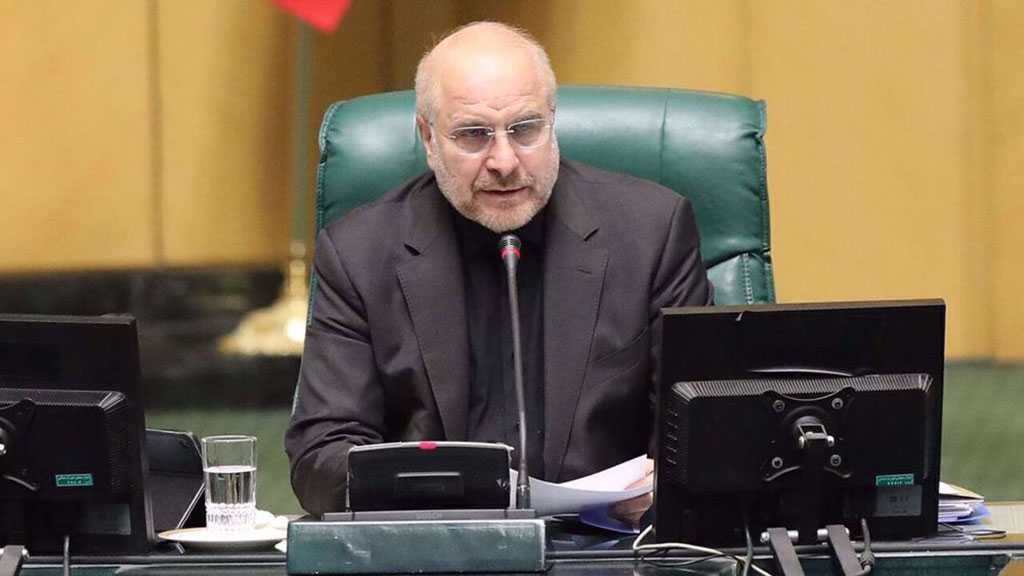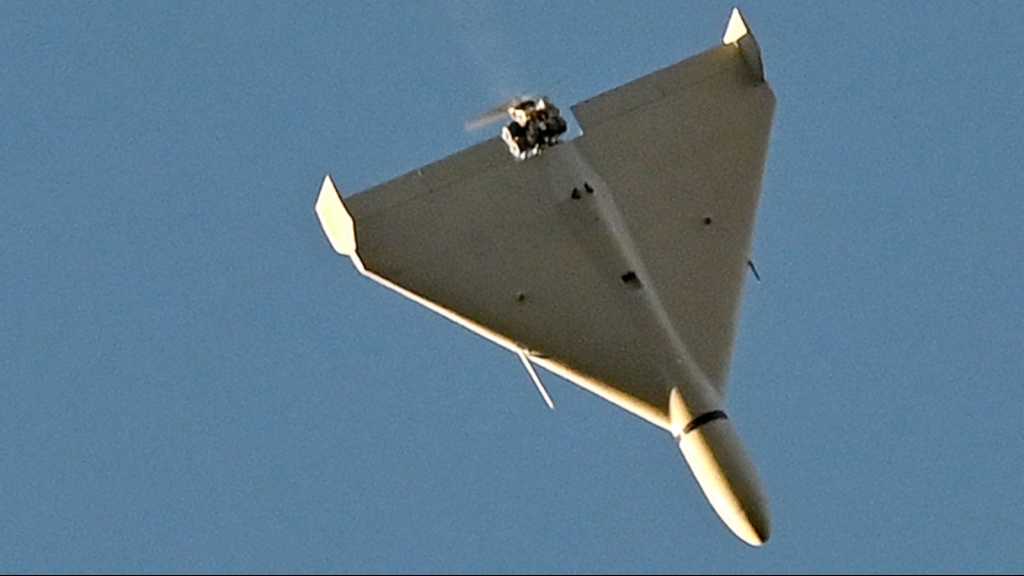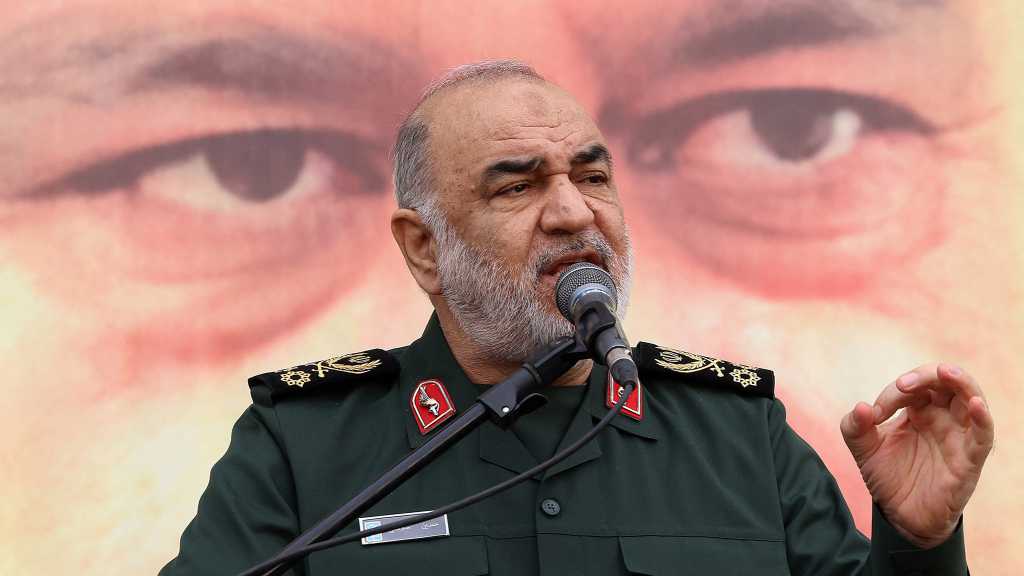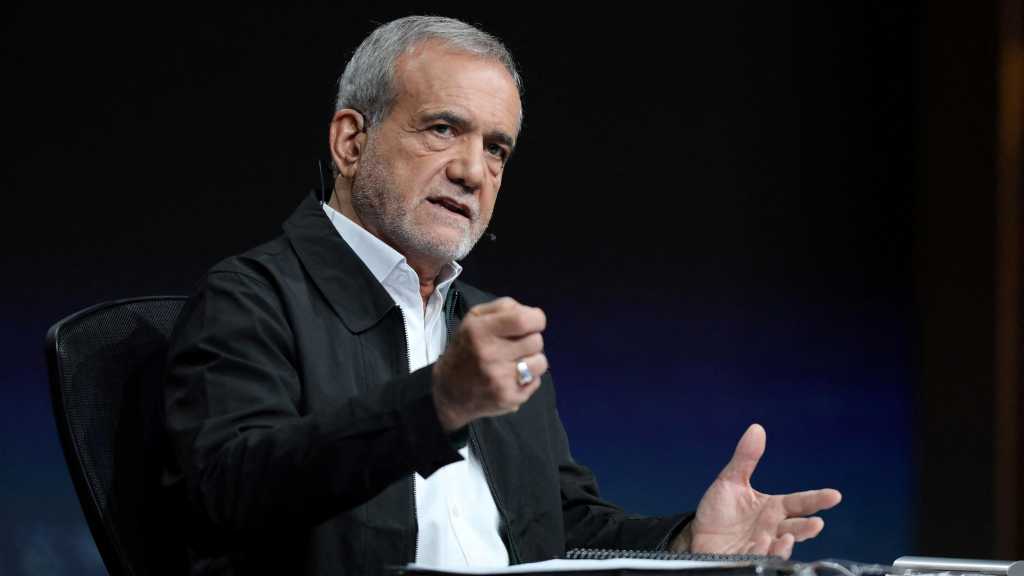Qalibaf: Iran’s Support for Resistance Front Continues as Religious Duty

By Staff, Agencies
Iranian Parliament Speaker Mohammad Baqer Qalibaf affirmed that the continuation of the Islamic Republic’s support for the resistance front remains a core strategy to secure national security and enhance power.
In an address to parliament on Thursday, Qalibaf emphasized that Iran openly declares its commitment to support the resistance as both a "religious and national" duty.
He noted that Muslim nations and free people worldwide are increasingly aware of the "criminal and dangerous" nature of the "Israeli" entity. Qalibaf expressed confidence that the concept of resistance will continue to grow and spread across the region.
Qalibaf underscored that the fall of Syrian President Bashar al-Assad’s government would disrupt the resistance path. However, he pointed out that groups within the resistance front, particularly Hezbollah in Lebanon, have shown resilience, quickly adapting to new challenges and becoming stronger than before.
Despite setbacks like the assassination of top Hezbollah commanders, the Resistance has grown stronger, forcing the "Israeli" entity to acknowledge its defeat and accept a ceasefire agreement, Qalibaf highlighted.
In his first comments following the fall of Assad's government, Leader of the Islamic Revolution His Emiennce Imam Sayyed Ali Khamenei dismissed any notions of weakening resistance, stressing that the resistance axis would emerge even stronger.
“The more you push, the stronger it becomes; the more you fight, the more widespread it will be,” Imam Khamenei said, pledging the expansion of resistance across the region.
Qalibaf also reflected on the "inevitable" events in Syria, where militants and Takfiri terrorists overran Damascus, adding that Iran had cautioned Syria’s government about foreign interference.
He argued that if Iran's warnings had been heeded, Syria could have avoided internal conflict and sectarian divisions through dialogue and national unity.
The parliament speaker concluded by stating that Iran would reassess its relationship with Syria, adjusting to the actions of the armed opposition.
He emphasized that the region is undergoing rapid transformation, presenting both significant challenges and opportunities.
"If we remain passive, we face great risks; if we are vigilant, these challenges will turn into opportunities," Qalibaf said.
Comments
- Related News



